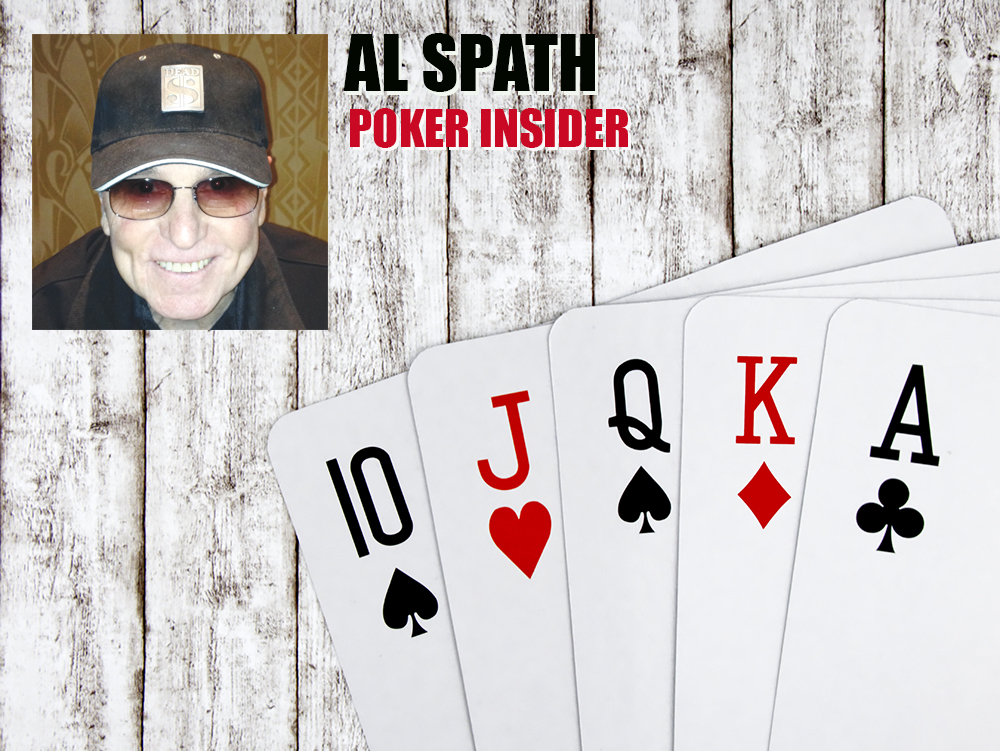Dr. Alan Schoonmaker’s Your Worst Poker Enemy tackles issues associated with logical thinking as it relates to the psychological effect of playing poker. Schoonmaker replicates the rollercoaster ride poker players experience by addressing such subjects as head games, varying emotions, irrational thinking and sometimes even exaggerated masculinity (machismo), which players endure on a daily or regular basis.
This author is quick to point out: “I’m not a poker expert. I’m a psychologist who plays for moderate stakes and writes about poker psychology. I rarely give advice about playing specific cards because many people can do it better.”
To this end he stays true to his word and provides the reader insights that include recommendations on how to deal with emotional instability and suggestions on logical thinking while in stressful situations (can seem like every hand) during play.
He has the ability to “remind” you of the exact emotion a player feels when handling a tough beat or when there’s significant damage to his bankroll and there’s the instant awakening: “This is me he is talking about; I’d better reread that page again.”
Schoonmaker takes the reader’s attention into the much-feared conditions of running bad, anger, arrogance, paranoia, tilt, losing streaks, aggravations, denial and not knowing when to quit. His ability to re-create the conditions each of us face is uncanny and makes us want to read more on how to combat these obstacles to “winning poker.”
There were a few passages in particular that rang so true to me, specifically, “If you listen, a few dummies will tell you exactly how to beat them.”
The doctor illustrates with these examples:
• “I’m not aggressive. I won’t raise unless I’m almost certain I’ve got a winner.”
• “I’ll always bet on the flop if I’m last and nobody has bet.”
• “I’ll call all the way with anything, if a pot is big enough, but I’m not willing to make loose calls for small pots.”
• “I never check-raise because I believe in betting my own hands.”
The last chapter primarily concentrates on the degree of seriousness to which a player should take poker and I found his observations and recommendations to be spot-on. In particular, not allowing poker playing to take over your life, setting your priorities, questioning if you’re doing yourself harm with overindulgence, making sure you’re playing “within your means and in the right comfort zone,” and finally, deciding on options to diversify and balance your life.
Recommended reading of Schoonmaker’s book is not only essential for you to complement your experience and table skills, it should be mandatory for all players who display the emotional instability to perform and sustain excellence associated with playing at the top of their game. My library of poker books is hardly complete; however, with the addition of Your Worst Poker Enemy, I have enriched my mind as well as my bookshelf collection.
— Al Spath is the former Dean of PokerSchoolOnline, author of Poker Journal, and a private online and live poker coach (at Delaware Park Casino, Atlantic City and Las Vegas). He can be reached for private poker mentoring at pokerinstructors.com or alspath@alspath.com.



